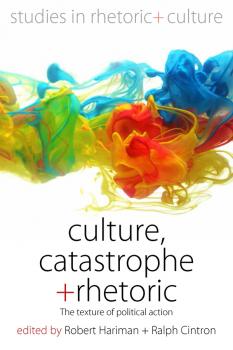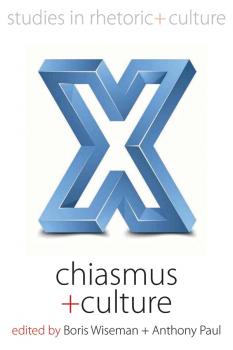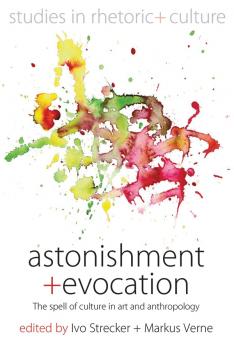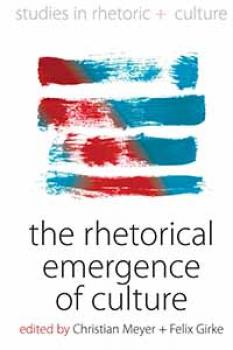Studies in Rhetoric and Culture
Скачать книги из серии Studies in Rhetoric and CultureCulture and Rhetoric
While some scholars have said that there is no such thing as culture and have urged to abandon the concept altogether, the contributors to this volume overcome this impasse by understanding cultures and their representations for what they ultimately are – rhetorical constructs. These senior, international scholars explore the complex relationships between culture and rhetoric arguing that just as rhetoric is founded in culture, culture is founded in rhetoric. This intersection constitutes the central theme of the first part of the book, while the second is dedicated to the study of figuration as a common ground of rhetoric and anthropology. The book offers a compelling range of theoretical reflections, historical vistas, and empirical investigations, which aim to show how people talk themselves and others into particular modalities of thought and action, and how rhetoric and culture, in this way, are co-emergent. It thus turns a new page in the history of academic discourse by bringing two disciplines – anthropology and rhetoric – together in a way that has never been done before.
Economic Persuasions
As the transition from socialism to a market economy gathered speed in the early 1990s, many people proclaimed the final success of capitalism as a practice and neoliberal economics as its accompanying science. But with the uneven achievements of the “transition”—the deepening problems of “development,” persistent unemployment, the widening of the wealth gap, and expressions of resistance—the discipline of economics is no longer seen as a mirror of reality or as a unified science. How should we understand economics and, more broadly, the organization and disorganization of material life? In this book, international scholars from anthropology and economics adopt a rhetorical perspective in order to make sense of material life and the theories about it. Re-examining central problems in the two fields and using ethnographic and historical examples, they explore the intersections between these disciplines, contrast their methods and epistemologies, and show how a rhetorical approach offers a new mode of analysis while drawing on established contributions.
Culture, Rhetoric and the Vicissitudes of Life
Inspired by the Rhetoric Culture Project, this volume focuses on the use of imagery, narrative, and cultural schemes to deal with predicaments that arise during the course of life. The contributors explore how people muster their resources to understand and deal with emergencies such as illness, displacement, or genocide. In dealing with such circumstances, people can develop new rhetorical forms and, in the process, establish new cultural resources for succeeding generations. Several of the contributions show how rhetorical cultural forms can themselves create emergencies. The contributors bring expertise from a variety of disciplines, including anthropology and communications studies, underlining the volume’s wider relevance as a reflection on the human condition.






